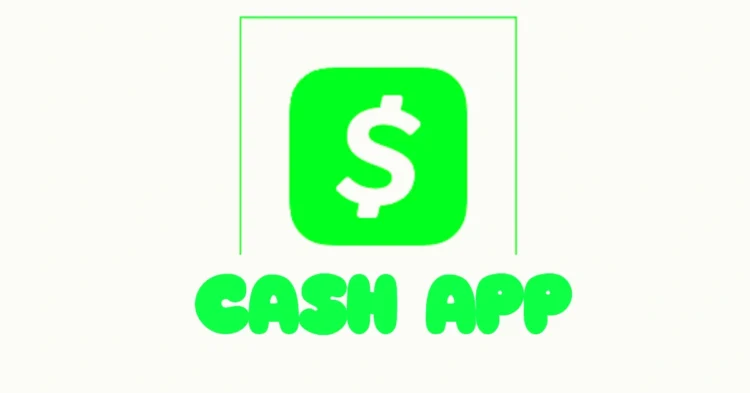Block Inc., the financial technology company founded by Twitter co-founder Jack Dorsey and the parent of popular mobile payment platform Cash App, has agreed to pay a $40 million civil penalty to the New York Department of Financial Services (NYDFS). The settlement addresses the company’s significant compliance failures in monitoring for money laundering and enforcing customer identity checks, as mandated under the Bank Secrecy Act (BSA) and other federal anti-money laundering (AML) regulations.
Table of Contents
The Heart of the Issue: What Went Wrong?
Inadequate Anti-Money Laundering Systems
The NYDFS investigation revealed “critical gaps” in Block’s AML and Know Your Customer (KYC) protocols. These included:
- Weak customer due diligence practices
- Poor implementation of risk-based monitoring systems
- Failure to establish robust mechanisms to detect suspicious behavior, especially in high-risk transactions
Vulnerabilities in Bitcoin Transactions
Block began offering Bitcoin trading through Cash App in 2018, a move that significantly accelerated its growth. However, regulators said that as the platform scaled, its compliance infrastructure did not keep pace, leaving it vulnerable to criminal abuse.
An internal probe in 2022 unearthed over 8,300 Cash App accounts tied to a Russian criminal network, raising alarms about the extent of illegal financial activity that may have slipped through the cracks.
Cash App Settlement 2025: When Will You Get Paid & How to Check Your Payout Status?
Wave Goodbye to Your Wells Fargo Branch Major April Closures Announced
PAYDAY ALERT Americans Have Just Days Left to Claim $7,830 ‘Earned’ Payment Before April 15 Deadline
Chevy and GM Unveil $6,700 Direct Deposit Settlement for Millions of Customers
Say Goodbye Wells Fargo to Automatically Close Inactive Accounts by End of April
Repeat Offender? Block Already Paid $80 Million in January
This is not the first time Block has faced scrutiny. Earlier in January 2025, the company agreed to pay an $80 million fine to resolve similar allegations brought by 48 U.S. state financial regulators. The combined penalties underscore growing concerns over lax compliance frameworks in high-growth fintech platforms that operate on massive user bases with significant cash flows.
No Admission of Guilt, but a Serious Commitment
Although Block has not admitted to any wrongdoing in either settlement, it has agreed to:
- Hire an independent monitor to oversee ongoing compliance improvements
- Close out all pending state-level money transmission license matters
This settlement effectively ends the regulatory investigations from the NYDFS, though federal agencies may still keep a close eye on future compliance efforts.
Cash App’s Explosive Growth: A Double-Edged Sword
2024 Performance Highlights
According to regulatory filings, Cash App handled $283 billion in inflows last year and closed 2024 with a staggering 57 million monthly active users. This rapid expansion, while a success story from a business perspective, may have outpaced the company’s internal controls and risk management systems.
The Regulator’s Message: Growth Must Not Compromise Security
Adrienne Harris, the Superintendent of NYDFS, emphasized that compliance infrastructure must scale alongside a company’s growth—particularly in the crypto and digital payments sectors.
“Whether you’re a traditional financial institution or a new-age crypto platform, your compliance must match your footprint,” Harris stated.
What’s Next for Block and Cash App?
This settlement may mark a turning point for Block. With an independent monitor soon stepping in, the company has an opportunity to rebuild trust with regulators and users alike. However, it also faces the challenge of bolstering internal systems to avoid further penalties or reputational damage in an increasingly scrutinized fintech environment.

